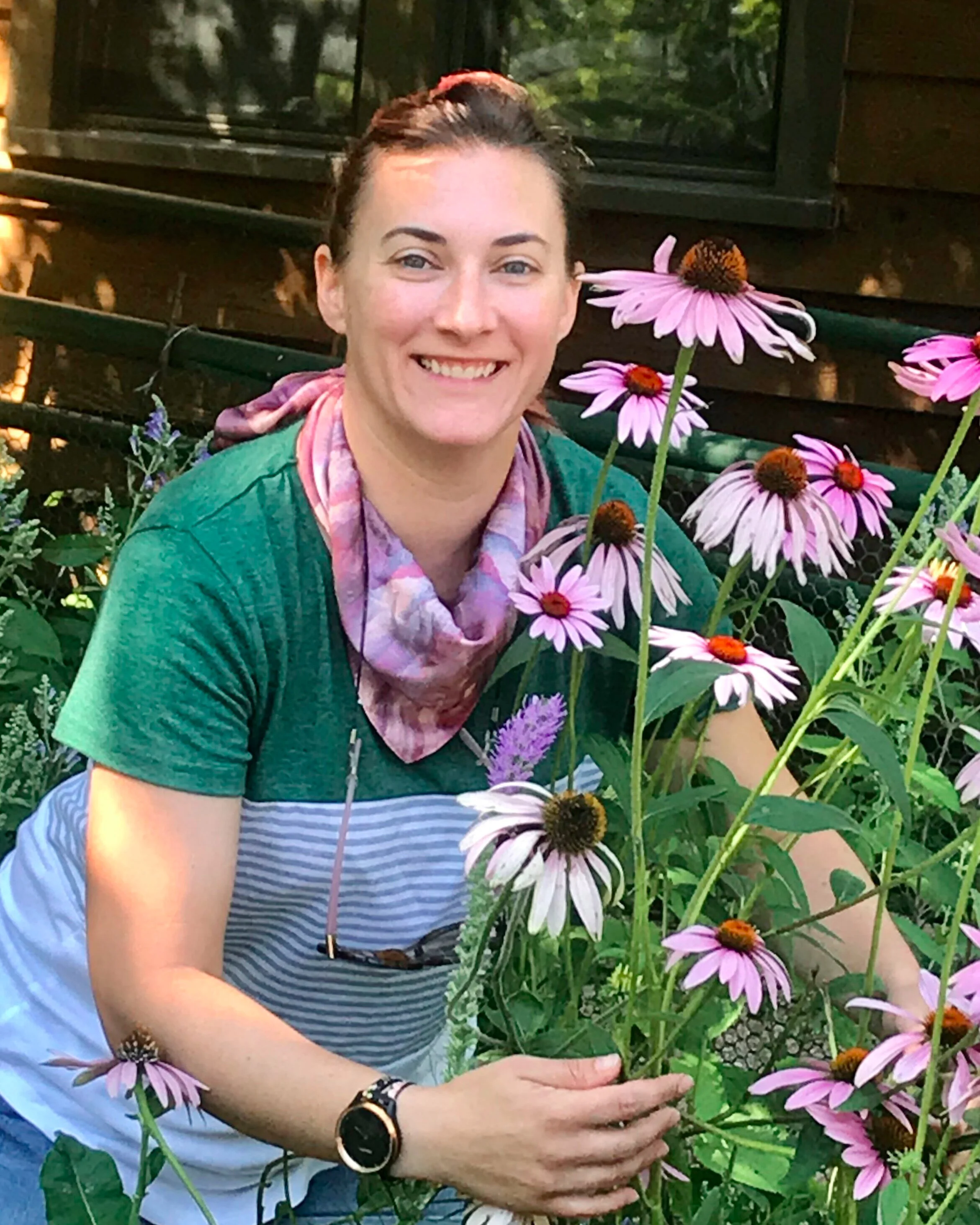Beth Biro
Tyson Natural Resources Coordinator and Staff Scientist
How did you come to the decision to continue your research this summer?
“I knew we had the St. Louis Wildlife Project (STLWP) and it could easily be adapted to an online format, but I was worried about students adapting. After the shutdown I shifted the next day to Slack and started a lot of the groundwork remotely. It went really well. I was still able to engage with my colleagues at Tyson and get things done and be productive. Because of this I knew I could offer the fellowship remotely and also in a meaningful way.”
How has your scientific work changed due to the cultural landscape changes this summer?
“The big research question that we are working on this summer has a very large online component and easy-to-work-around fieldwork component. My team is a part of the Saint Louis Wildlife Project where camera traps are set up along an urban to rural gradient. We've taken this opportunity to continue to look at the effects of wildlife, species occurrence and abundance in this gradient. We put those cameras up four times a year. We left them up the entire time during the stay-at-home orders. So we can capture that difference. We're also working with other cities across North America who were able to do the same thing, so we can compare regionally what happens. We usually use volunteers to tag those photos on an online database. My team has been working on those, remotely. This part wasn't really a shift because we have been doing that anyway.”
Are there any other parts of your research that haven't been as impacted when moving to remote work?
“We have shifted to analyzing data more than the fieldwork component. The temporary absence of fieldwork and onsite monitoring is kind of a blessing in disguise because we had so much data to go through before the pandemic. This helps give us a pause; it gives us time to regroup, to learn some new tools and techniques. A data explosion like this is the new trend in research for everybody. We're going to get a little bit of a handle on it before we start doing field work on a large scale again.”
What's your favorite part about the research that you do?
“My favorite part is being able to work on so many different projects. Working with wildlife and doing the monitoring, being able to engage volunteers and community scientists, really checks all the boxes for me. Having an applied question that could be helpful in the real world, but also engaging non-scientists in our research is really important to me and has been very fun!”
Beth manages landscape and research infrastructure for current and future research conducted at Tyson. (Learn more about Tyson natural resources here.) She also a principal investigator for the St. Louis Wildlife Project and facilitator for the Tyson Conservation Corps.

